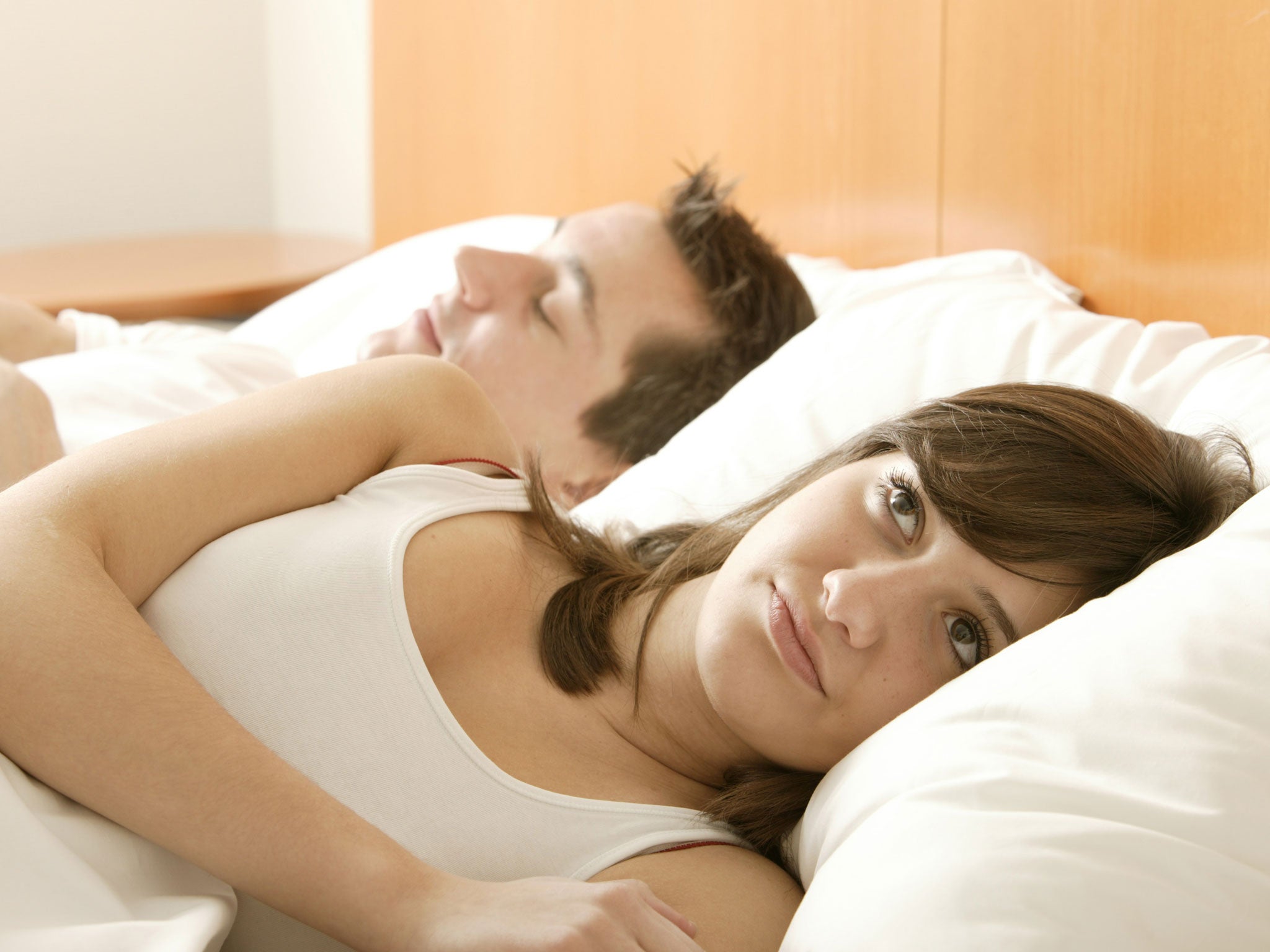Problems with your partner's sleep patterns? How the night owl and early bird can get into sync
Go camping for a week together without flashlights, iPads or mobile phones

If you find that you have different sleeping patterns to your partner then try going on a camping holiday together for a week without flashlights, iPads or mobile phones.
A study of eight people who had dramatically different sleeping patterns to one another found that they all became synchronised over when to go to bed and when to get up after a week's camping holiday together.
Scientists believe that the total absence of artificial light for a week - including access to illuminated screens - forced their biological clocks to synchronise around natural daylight hours, making them sleepy at the same time of the evening.
The six men and two women had significantly different sleeping patterns before spending a week living outdoors, with an average two-hour difference between their internal "biological" clocks.
Prior to the trip, many of the participants would wake up before their biological night had ended, but after camping together they all became synchronised with sunrise and sunset, says the study published in the journal Current Biology.
"When people are living in the modern world - living in these constructed environments - we have the opportunity to have a lot of differences among individuals," said Kenneth Wright of the University of Colorado Boulder.
"Some people are morning types and others like to stay up later. What we found is that natural light-dark cycles provide a strong signal that reduces the differences that we see among people - night owls and early birds - dramatically," Dr Wright said.
The scientists believe that high levels of artificial light in the evening may be disturbing some peoples' natural sleep cycles by influencing the production of melatonin, a chemical messenger in the brain that helps to controls the biological clock.
Dr Wright said that limiting a person's exposure to laptops, TV and other screen devices, as well as diming electric lights in the evening, could help people who find themselves drifting away from normal sleeping patterns.
Join our commenting forum
Join thought-provoking conversations, follow other Independent readers and see their replies
Comments
Bookmark popover
Removed from bookmarks